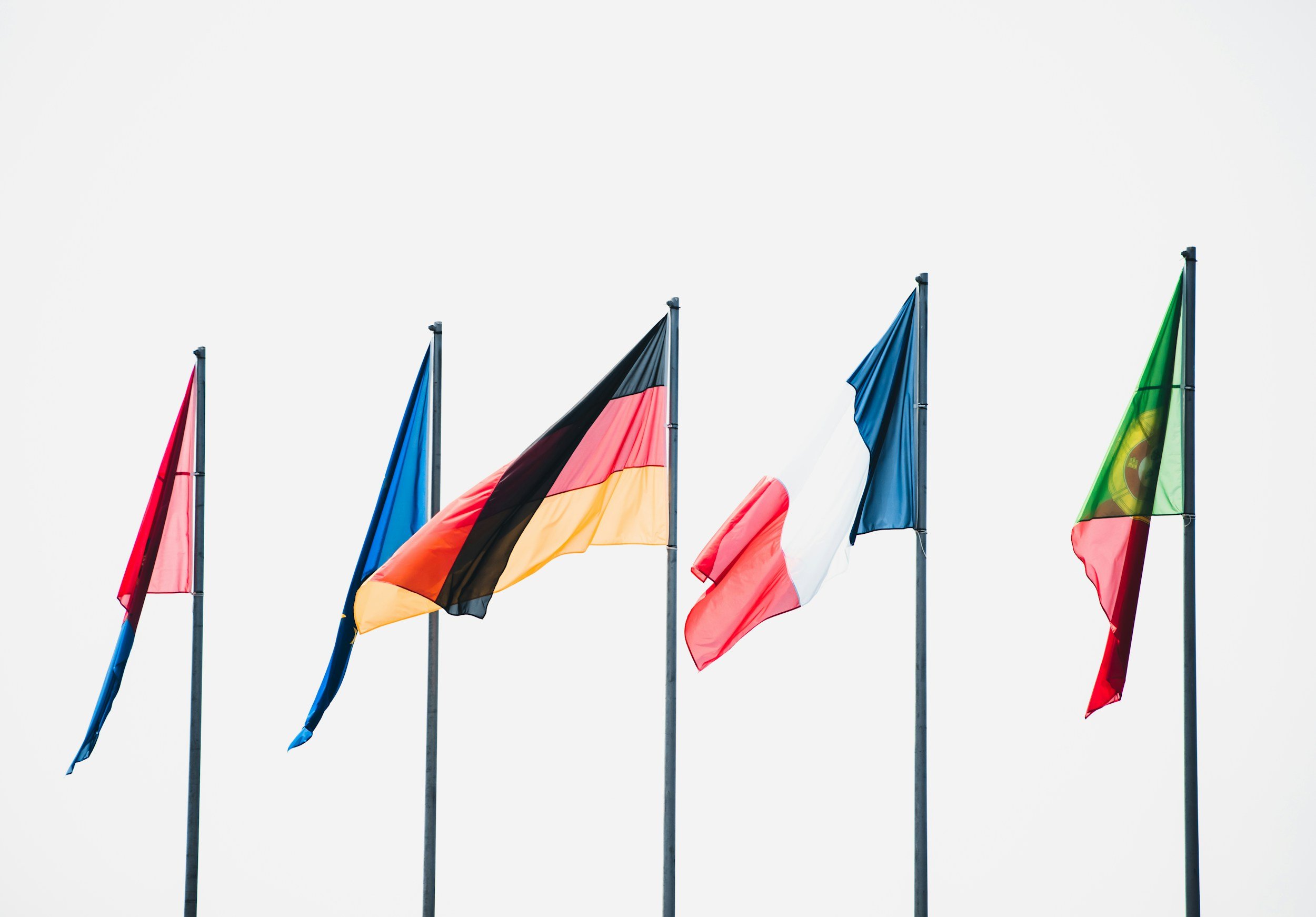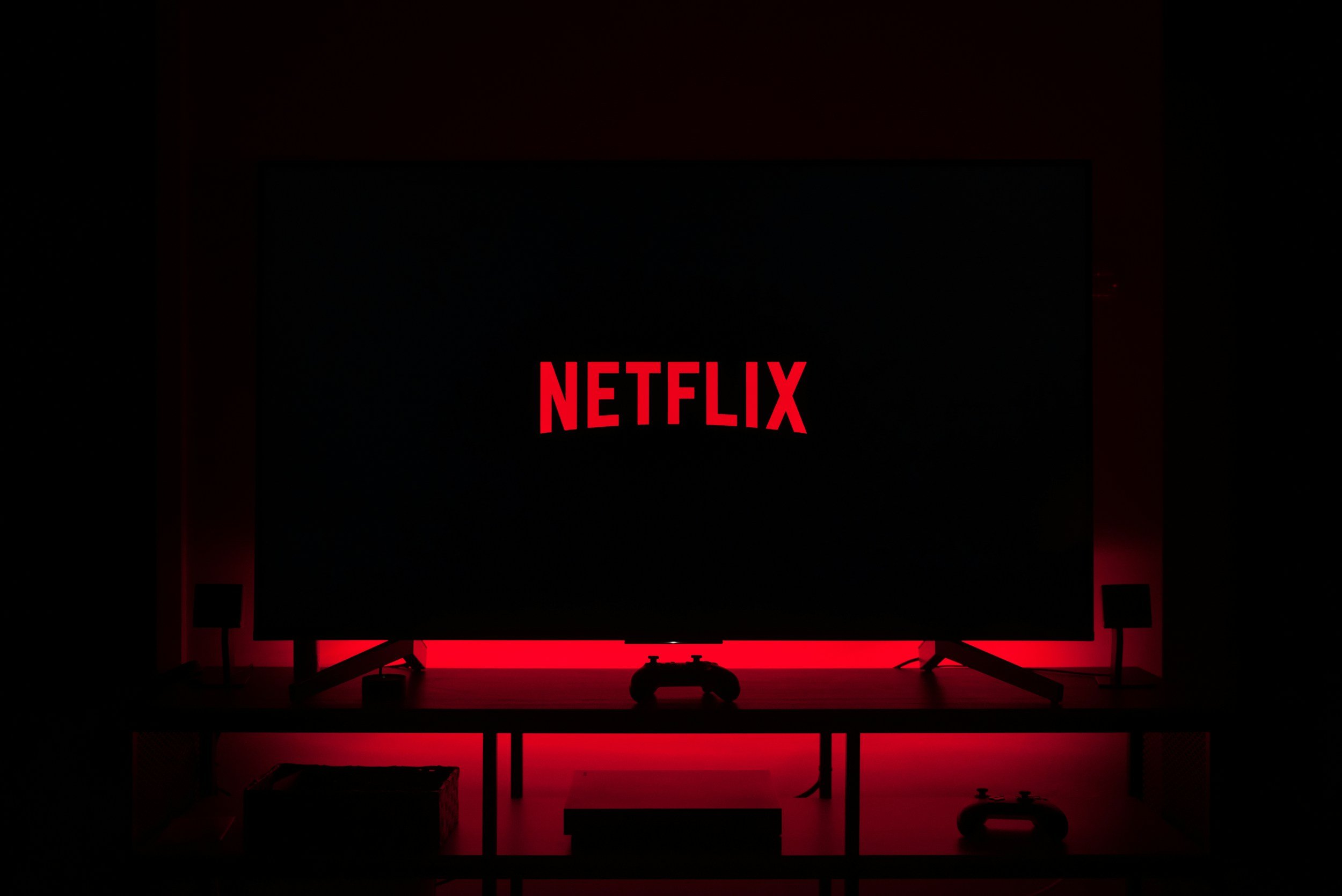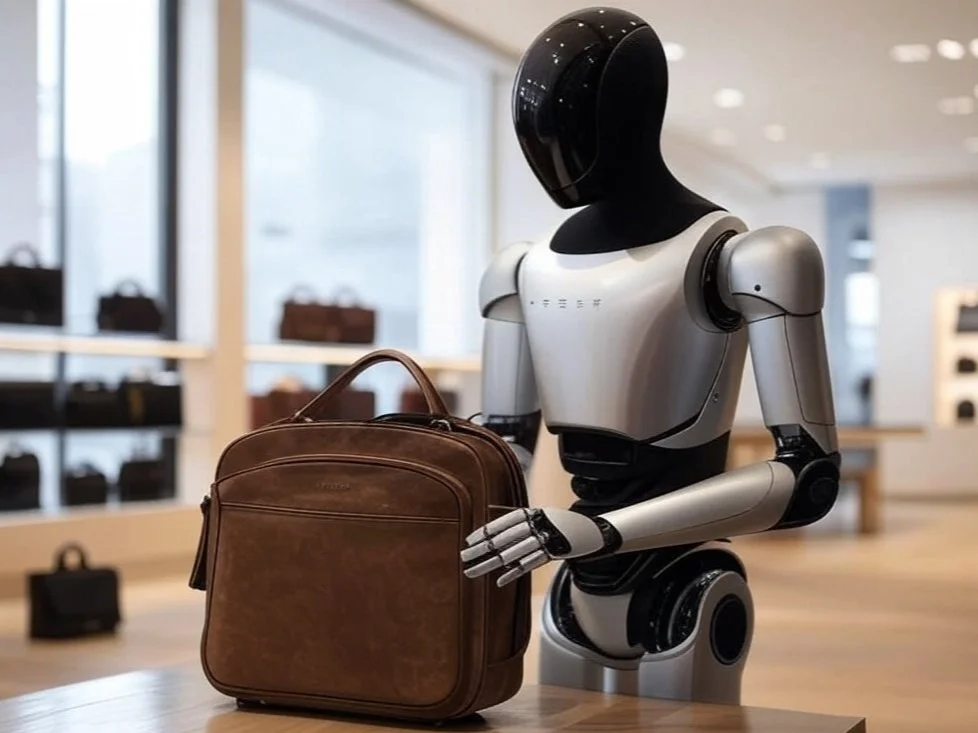The Great British Advert 🚆- what railway reform means for advertisers.
“Why is it so easy to miss a train, but so hard to arrive at your destination on time?” – Plato. Probably. Whether he really said this or not, it is a question as old as… well, trains.
As former British Airways chief Keith Williams said in his 2019 review of our railways, “despite everything that is being done and all the money that is being spent over time, the rail industry has lost sight of its customers – passengers and freight – and therefore lost public trust.”
So, with things slowly returning to normal and millions returning to work, the government recently announced the introduction of a new public body, Great British Railways, which aims to manage rail infrastructure to modernise our railways and restore public trust.
But what exactly is Great British Railways, and what does this new public body mean for advertisers looking to use train and train station advertising? Let’s find out.
What is Great British Railways?
According to the government’s announcement:
“Great British Railways (GBR), will integrate the railways, owning the infrastructure, collecting fare revenue, running and planning the network, and setting most fairs. GBR will simplify the current mass of confusing tickets with new flexible season tickets and a significant roll-out of more convenient Pay As You Go, contactless and digital ticketing on smartphones… GBR will contract private partners to operate most trains to the timetables and fares it specifies…”
The GBR aims to improve our railways, making them fit for the modern age and restoring public trust in our trains.
So, what effect could the GBR plans have on advertisers?
1. Returned confidence
With passengers losing faith in railway transport, GBR’s goals to streamline and modernise the train systems so passengers can save time and money, thereby restoring confidence in our railways.
This gives advertisers a wonderful opportunity to use train and train station advertising to target the expected surge of passengers.
2. Going green
While many of us want to “go green” by taking small steps to reduce our carbon footprint, the lack of confidence in railways leads many to opt for car travel instead, for a more reliable mode of travel.
By restoring confidence, GBR can restore trains to the ideal mode of transport for the environmentally conscious, which could present further opportunities for advertisers.
3. Connection
With this past year giving so many of us space to think about our goals, many of us are returning to work with a desire to live a more social life.
Despite having our phones to connect us, increasing reports of digital fatigue mean many are open to adopting a new lifestyle that allows us to be around others as much as possible.
The solution? Trains!
With GBR restoring faith in our railways, and with the added promise of a smaller carbon footprint, it’s no wonder that railways are set to become an increasingly ideal mode of travel.
As far as we’re concerned, this should enable the future of train and train station advertising to become brighter than ever!
To learn more about Railway Reform Means for Advertisers, get in contact today.











